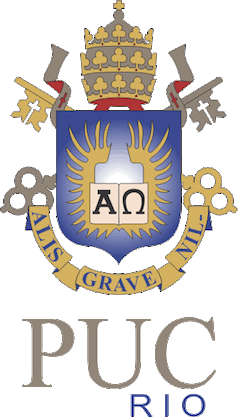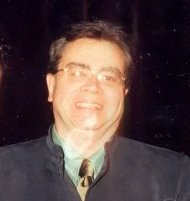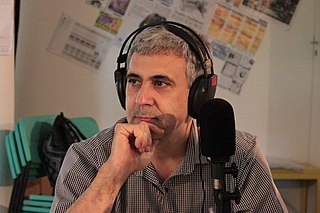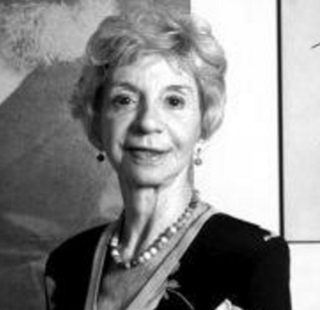
Science and technology in Brazil has entered the international arena in recent decades. The central agency for science and technology in Brazil is the Ministry of Science and Technology, which includes the CNPq and Finep. This ministry also has a direct supervision over the National Institute for Space Research, the National Institute of Amazonian Research, and the National Institute of Technology (Brazil). The ministry is also responsible for the Secretariat for Computer and Automation Policy, which is the successor of the SEI. The Ministry of Science and Technology, which the Sarney government created in March 1985, was headed initially by a person associated with the nationalist ideologies of the past. Although the new minister was able to raise the budget for the science and technology sector, he remained isolated within the government and had no influence on policy making for the economy.

Roberto Aureliano Salmeron was a Brazilian electrical engineer and experimental nuclear physicist and an emeritus Research Director at the French National Centre for Scientific Research (CNRS).

The Pontifical Catholic University of São Paulo, locally known as PUC or the Catholic University, is a private and non-profit Catholic university. It is one of the largest and most prestigious universities of Brazil. It is maintained by the Catholic Archdiocese of São Paulo. The university is also responsible for the St. Lucinda Hospital (Sorocaba) and the TUCA theatre

The Pontifical Catholic University of Rio de Janeiro is a Jesuit, Catholic, pontifical university in Rio de Janeiro, Brazil. It is the joint responsibility of the Catholic Archdiocese of São Sebastião do Rio de Janeiro and the Society of Jesus. In 2022, PUC-Rio was ranked as the tenth best university in Latin America by Times Higher Education magazine.
The Pontifical Catholic University of Minas Gerais is a private and non-profit Brazilian Catholic university in Belo Horizonte, state of Minas Gerais. In 2006, 2010, 2011, 2013 and 2014, PUC-MG was chosen the best private university in Brazil. It is maintained by the Catholic Archdiocese of Belo Horizonte.

The Pontifical Catholic University of Rio Grande do Sul is a private non-profit Catholic university. With campuses in the Brazilian cities of Porto Alegre and Viamão, it is the largest private university of the state of Rio Grande do Sul and the first university founded by the Catholic religious institute of the Marist Brothers. PUCRS is considered the best private university of Brazil's Southern Region by the Ministry of Education (MEC), and one of the best private universities in the country, with FGV, PUC-Rio and the PUC-SP.
Wal Torres is a Brazilian gender therapist and sexologist.

José Antônio Rezende de Almeida Prado or Almeida Prado was an important Brazilian composer of classical music and a pianist. On Almeida Prado's death, his personal friend, conductor João Carlos Martins stated that Prado had possibly been the most important Brazilian composer ever.

Pérsio Arida is a Brazilian economist and a former president of the Central Bank of Brazil.

The SBTVD Forum is a non-profit organization of private and public companies responsible for the general aspects of Digital TV deployment in Brazil. The organization was founded in 2007 in order to address all technical issues regarding the upcoming SBTVD standard, also known as ISDB-Tb.
Luiz Bevilacqua is a Brazilian scientist best known for his work as President of the Brazilian Space Agency (2003–2004) and as Secretary General of the Ministry of Science and Technology (1992–1993). Currently serves as Emeritus Professor, UFRJ and coordinator of the Center for Cognition and Complex Systems of UFABC.

The Central Zone is an administrative zone of the city of São Paulo, Brazil.

Sílvio Ferraz is a Brazilian contemporary composer.
Maria Isaura Pereira de Queiroz was a Brazilian sociologist.

Elpídio Donizetti is a Brazilian jurist, professor of Private Law and Procedural Law, chief judge of the Court of Appeal of Minas Gerais State (TJMG), author of various juridical works and takes part of the jurists committee responsible for writing the new procedural law code.

Heleieth Iara Bongiovani Saffioti was a Brazilian sociologist, teacher, and feminist activist.

Jane de Almeida, born in Para de Minas, Brazil, is a researcher, director, artist, curator and theoretician.












